Why are Black mothers and infants dying at a greater rate in Indiana?
Maternal-Fetal Medicine Expert Dr. Lauren Dungy-Poythress

Read more about this topic as recently covered by Input Fort Wayne: Local organizations offer hope among bleak maternal and infant mortality data

On June 15, the Prenatal & Infant Care Network welcomed Dr. Lauren Dungy-Poythress, a practicing OB-GYN and an Associate Professor of Clinical Obstetrics & Gynecology at Riley Hospital for Children at IU Health to address implicit bias and its impact on maternal health. The St. Joseph Community Health Foundation hosted a breakfast with Dr. Dungy-Poythress, her husband D. Wesley Poythress, and a small group of local community partners to share personal and professional healthcare-related experiences with implicit bias and discuss ways to move the needle toward better care and fairer practices.
During her subsequent presentation to the broader community at the University of Saint Francis, Dr. Dungy-Poythress addressed why Black mothers and infants are dying at a greater rate in Indiana. Infant mortality rates in Fort Wayne are among the highest in the state and the country, and maternal health disparities are also high. The United States has one of the highest rates of maternal mortality among other developed countries. Black women are 3-4 times more likely to die during or within one year of the end of pregnancy. Implicit bias, racism, and racial disparities in healthcare play roles in the health outcomes of Black women, mothers, and babies. “There’s something about being non-white that increases disparities,” said Dr. Dungy-Poythress. “There’s something particularly about being Black that puts Black women at risk for negative health and birth outcomes.”
Implicit bias refers to the attitudes and assumptions that exist outside of conscious awareness. Because healthcare providers are not exempt from having such unconscious biases, negative racial feelings can lead to inequitable care. According to the American College of Obstetricians and Gynecologists’ statement of policy on racism in the field, “racism, not race, drives health inequities and leads to adverse health outcomes.” As a result, the standard of care is often impacted and leads to problems ranging from doctor and patient mistrust to Black patients being under-prescribed pain medication based on presumptions that Black patients are medication-seeking or have a higher pain tolerance.
Racism takes an emotional and physical toll on the human body and contributes to increased stress in Black women, irreversible chromosomal weathering, persistent health disparities, and increased maternal and infant mortality. Combatting implicit bias requires deliberate intention, focused attention, and persistent mindfulness. To mitigate disparities in health outcomes, change must also be made on multiple levels. According to Dr. Dungy-Poythress, “efforts to remediate implicit bias require attention to be given to modifying social environments, and not solely to changing the attitudes of individuals.”
For more information about this and previous presentations, please visit our website at sjchf.org/programs/pic-network.
Recent Stories
- Merry Christmas from the St. Joseph Community Health Foundation!
- St. Joe Foundation awards $2,652,998 to local agencies serving vulnerable individuals in Allen County, IN
- Prenatal & Infant Care Luncheon: a year of connection and learning
- Nourishing bodies and spirits: the impact of the Society of St. Vincent de Paul food and nutrition program
- Supporting sustainability in local food networks to improve access to nutritious food
